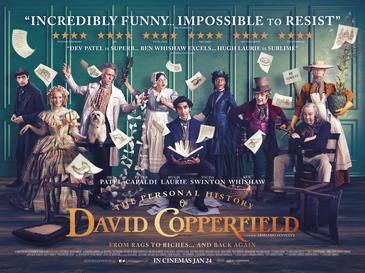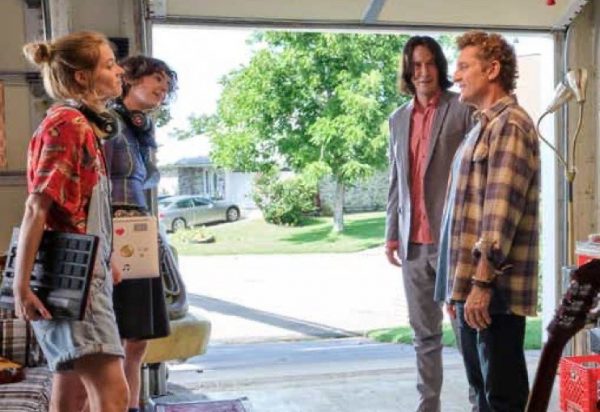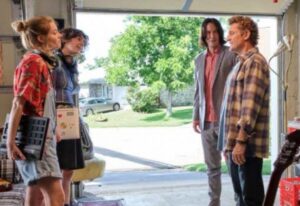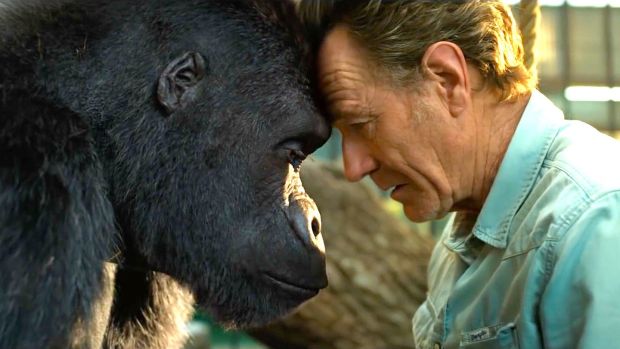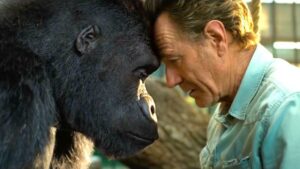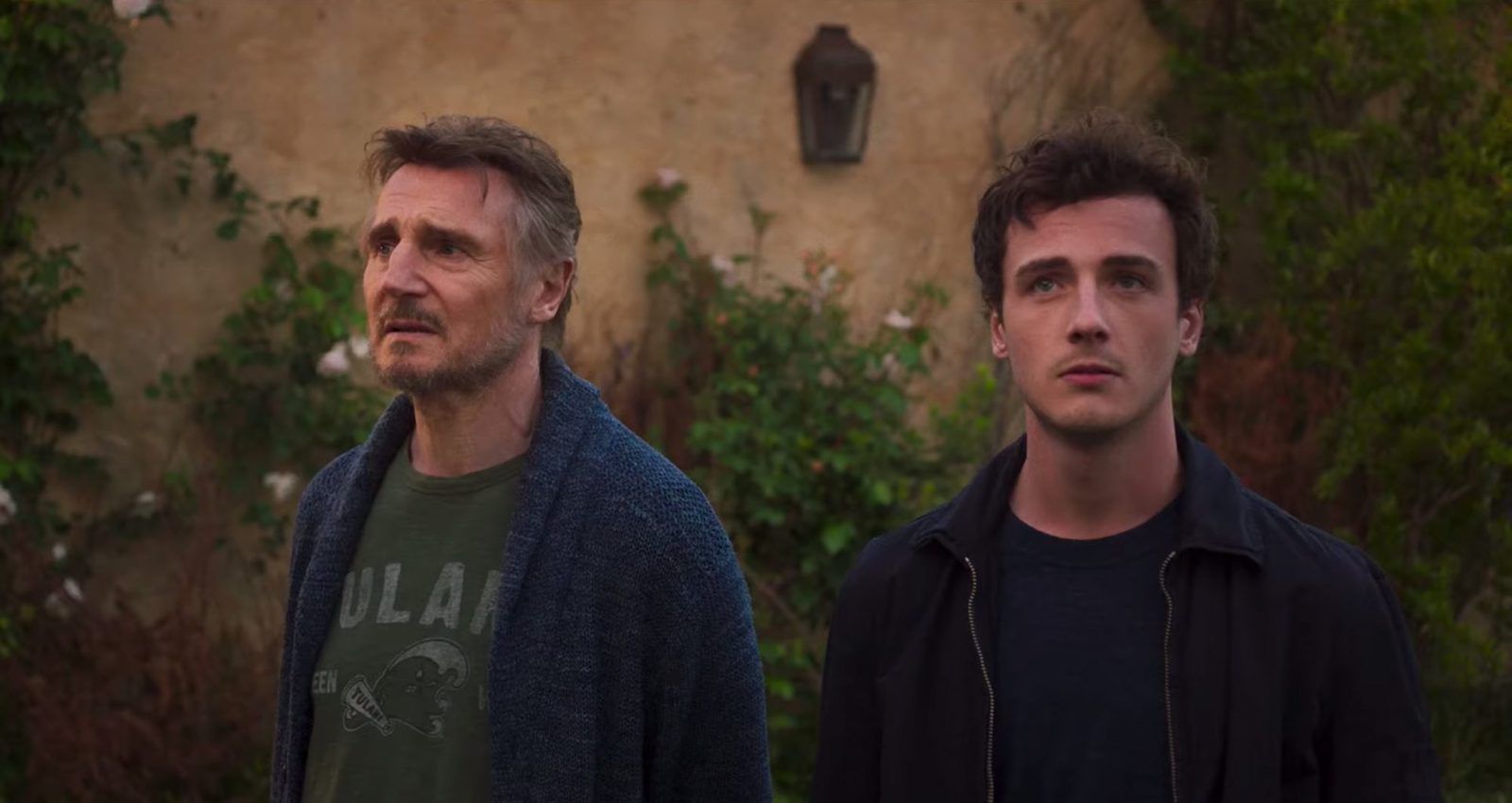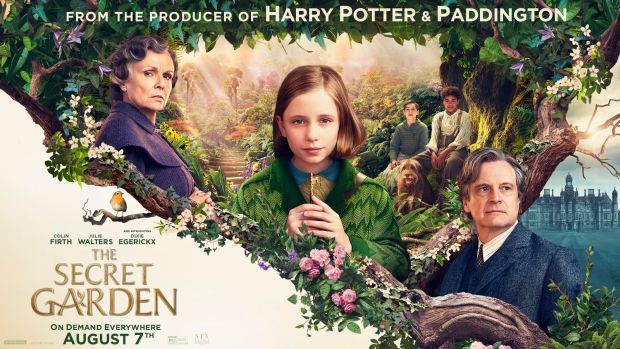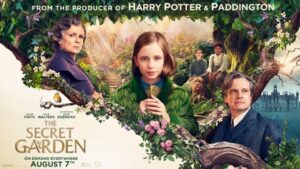The Personal History of David Copperfield
Posted on August 27, 2020 at 5:51 pm
A-| Lowest Recommended Age: | Middle School |
| MPAA Rating: | Rated PG for thematic material and brief violence |
| Profanity: | None |
| Alcohol/ Drugs: | Alcohol and alcoholism, smoking |
| Violence/ Scariness: | Brief violence including a fight scene and some abuse, sad offscreen death of a parent |
| Diversity Issues: | Race-blind casting |
| Date Released to Theaters: | August 28, 2020 |
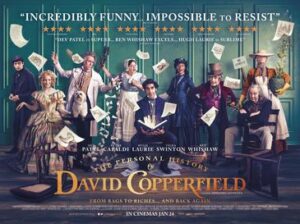
For those who made not be familiar with the story: David Copperfield is a Bildungsroman that begins with the birth of the title character to Clara, a sweet but naive weak-natured young widow (played by Morfydd Clark, who also plays David’s first love, Dora). They have a blissful life together until she marries the stern and cruel Mr. Murdstone (Darren Boyd), who, with his equally formidable sister (Gwendolyn Christie), takes over the household.
Murdstone sends David to work in a bottle factory, where he lodges with the impecunious Mr. Micawber (Peter Capaldi). Years later, he runs away to his only relative, the formidable Miss Betsey Trotwood (Tilda Swinton), who lives with a kind-hearted but rather vague man named Mr. Dick, who struggles with intrusive thoughts about King Charles I.
Miss Betsey sends David to school, where he meets the indolent Steerforth (Aneurin Barnard of “Dunkirk”) and is befriended by Agnes (Rosalind Eleazar). After graduation he goes to work for Mr. Spenlow, and is immediately overwhelmed with love for his daughter, Dora. During all of these adventures and more David changes names and positions in society several times, and the concerns he and others have about their status in society is a recurring theme.
David Copperfield is one of my favorite books of all time, and I well understand it would take a trilogy as ambitious as “Lord of the Rings” to fully do justice to all of its characters and events. But even I had to admit that it has been judiciously pruned (the characters of Rosa Dartle and Mrs. Steerforth have been combined, no Barkis or Miss Mowcher, Tommy Traddles only mentioned, etc.). I strongly concur with dropping the “Little” from Emily’s name, and quickly got used to the idea that she was nearly an adult when David was a child. And I even applauded some happier resolutions for some of the characters. After 170 years, they deserve it.
And the cast! Not since the grand 1935 MGM version with Freddie Bartholomew as young David, Lionel Barrymore as Daniel Peggoty, Edna May Oliver as Aunt Betsey Trotwood, and Basil Rathbone as Mr. Murdstone (no one has ever been as good at naming characters as Charles Dickens), has there been such fitting richness of acting talent. Iannucci’s decision to use race-blind casting, without regard to the genetic realism of biological connections only adds to the universality and ample bounty that is fitting for Dickens, who populated his works with more vivid and varied characters per page than any other author in the English language.
Dev Patel is a superb choice for David, who is thoughtful, open-hearted, and innocent but with a strong core of honor and optimism. We first see David, like the real-life Dickens who went on very popular speaking tours, reading the book’s famous opening line on stage before an appreciative audience. “Whether I shall turn out to be the hero of my own life, or whether that station will be held by anybody else, these pages must show.” That framing, that self-awareness is fitting for an authorial voice that opens a book by challenging us to make up our own minds about what is to come. Iannucci’s theatricality and gift for telling stories cinematically shimmers through the film, with occasional images projected onto a wall, a hand reaching down into a model of the set, Patel talking to his younger self, played by Ranveer Jaiswal.
Class as it is perceived and as it is in reality is a theme of the film, but so is story-telling itself. Mr. Dick struggles to tell his story without reference to Charles I, and David comes up with an ingenious way to help him. Even as a young child, David wrote down memorable turns of phrase he heard on scraps of paper. His realization that those pieces of paper and pieces of memories are the basis for understanding his past, his purpose, and his future is a deeply satisfying answer to the question he poses at the beginning.
Parents should know that this film includes some tense and sad moments including an abusive stepfather and the offscreen death of a parent. There are financial reversals, confrontations (one fistfight), and a character embezzles.
Family discussion: Is David the hero of the story? Why is it so important to him to be considered a gentleman?
If you like this, try: The MGM version and the book, as as well as other film adaptations of Dickens books including the David Lean “Great Expectations” and the many, many versions of “A Christmas Carol” and a film about the writing of “A Christmas Carol” with Dan Stevens as Dickens, “The Man Who Invented Christmas.”

